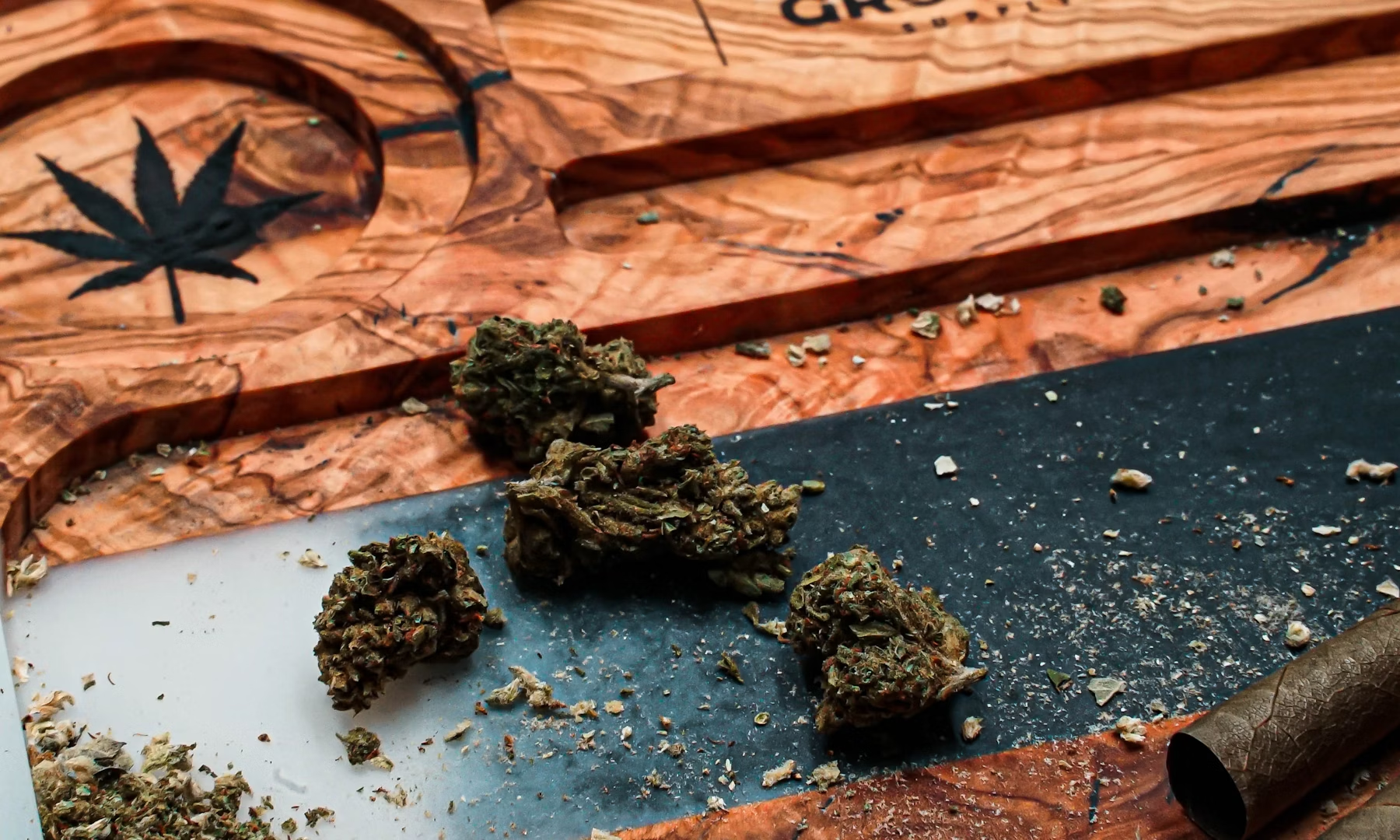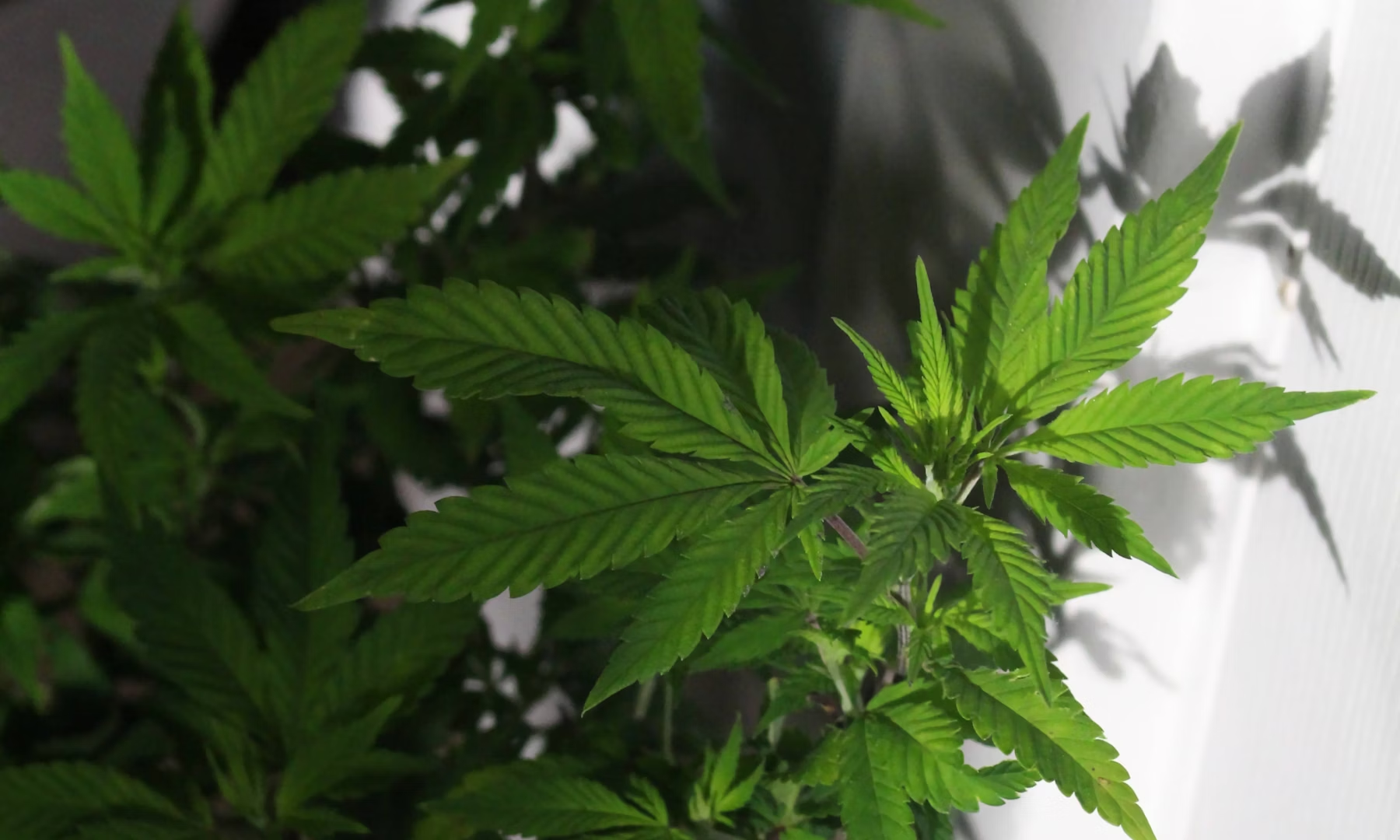Currently Empty: $ 0.00

Introduction
For first-time growers, the decision between starting a garden from clones or seeds can significantly impact the overall success of the garden. Each method has its unique advantages and challenges, and understanding these can help new gardeners make an informed choice.
Advantages of Clones
Clones, or cuttings taken from a mature plant, offer several benefits. Firstly, clones ensure genetic consistency. Since they are exact replicas of their parent plant, they will exhibit the same characteristics, such as growth rate, yield, and resistance to pests and diseases. This predictability can be a significant advantage for first-time growers who want to ensure a successful crop.
Another advantage of clones is the speed at which they grow. Clones are essentially mature plants, so they bypass the germination and early seedling stages, allowing growers to harvest their crops sooner. This can be particularly beneficial for those looking for a quicker turnaround.
Disadvantages of Clones
However, clones also come with some drawbacks. One of the main challenges is the potential for disease transmission. Since clones are taken from a parent plant, any diseases or pests present in the parent can be passed on to the clones. This requires growers to be vigilant about the health of the parent plant and the clones.
Additionally, clones can sometimes be more challenging to obtain compared to seeds. Not all plants are readily available as clones, and sourcing them can be more expensive and time-consuming. This can be a limiting factor for first-time growers who are looking for a more straightforward and cost-effective start.
Benefits of Seeds
On the other hand, growing from seeds offers its own set of advantages. Seeds are generally more accessible and affordable than clones. They can be easily purchased from a variety of sources, both online and in physical stores, and come in a wide range of varieties, allowing growers to experiment with different strains and characteristics.
Seeds also offer the benefit of genetic diversity. Unlike clones, which are genetically identical to their parent plant, seeds can produce plants with slight variations. This genetic diversity can lead to plants that are more resilient to diseases and environmental stress, potentially leading to a more robust garden overall.
Challenges of Growing from Seeds
However, growing from seeds also presents certain challenges. One of the primary issues is the variability in growth and yield. Since seeds can produce plants with different characteristics, there is less predictability in terms of how each plant will perform. This can be a disadvantage for first-time growers who are looking for consistency.
Furthermore, seeds require more time and care during the initial stages of growth. Germinating seeds and nurturing seedlings can be a delicate process, requiring careful attention to factors such as temperature, humidity, and light. This can be more demanding for novice gardeners.
Conclusion
In conclusion, both clones and seeds have their pros and cons for first-time growers. Clones offer genetic consistency and faster growth but can be more challenging to obtain and carry a risk of disease transmission. Seeds, while more accessible and diverse, require more time and care in the early stages and can produce variable results. Ultimately, the choice between clones and seeds will depend on the grower’s priorities and resources.


